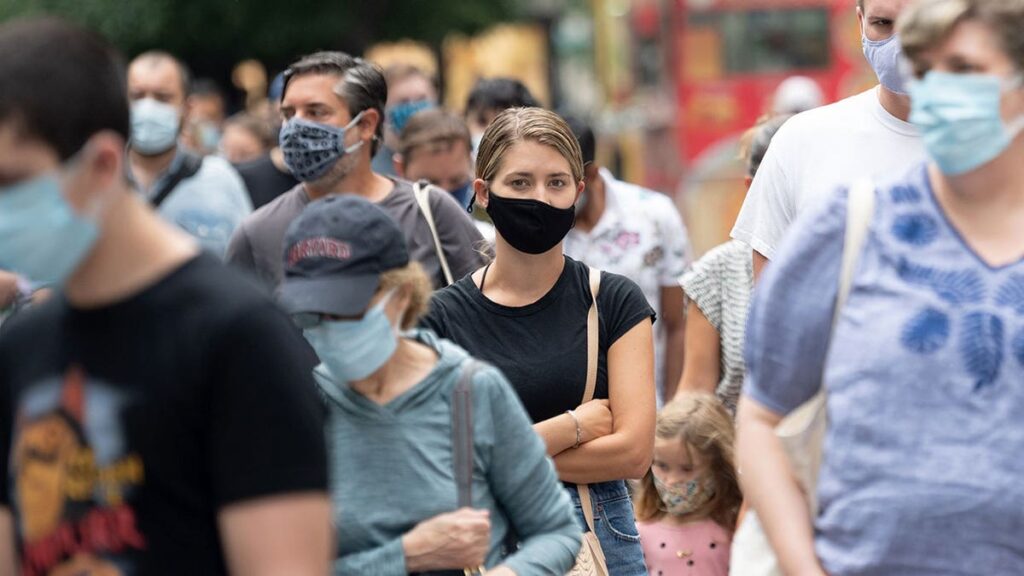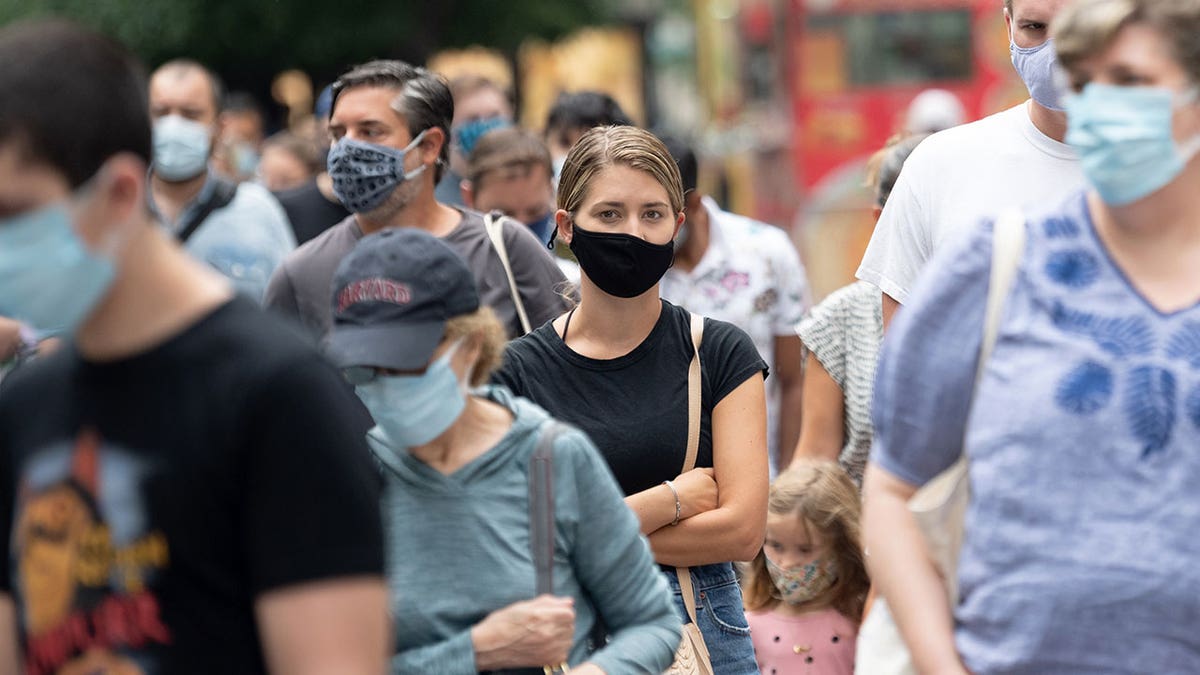
I’m Over Covid Porn: Navigating Information Overload and Finding Mental Clarity
The relentless stream of COVID-19 news, statistics, and anxieties has become a phenomenon some are calling “COVID porn.” This term, while provocative, captures the feeling of being constantly bombarded with negative information about the pandemic, often to the point of feeling overwhelmed and desensitized. If you find yourself thinking, “I’m over COVID porn,” you’re not alone. This article explores the concept of COVID porn, its impact on mental health, and strategies for breaking free from this cycle of negativity.
Understanding COVID Porn: What Is It?
The phrase “COVID porn” isn’t meant to diminish the seriousness of the pandemic. Instead, it refers to the excessive and often sensationalized coverage of COVID-19, including case numbers, death tolls, hospital capacity, and personal stories of suffering. It’s the constant barrage of information, often presented in a way that amplifies fear and anxiety, that leads to the feeling of being overwhelmed. Think of it as a digital echo chamber where every click, scroll, and notification reinforces the same message: COVID is everywhere, and it’s terrifying.
This isn’t simply about being informed; it’s about the relentless and often voyeuristic consumption of negative news related to the pandemic. It’s the equivalent of doomscrolling through endless feeds of bad news, fueling anxiety and a sense of helplessness. The term COVID porn highlights the addictive quality of this information consumption, where the initial anxiety leads to a compulsive need to stay informed, even when it’s detrimental to our mental well-being. [See also: Managing Anxiety in the Digital Age]
The Impact of COVID Porn on Mental Health
Constantly consuming COVID porn can have significant negative impacts on mental health. These include:
- Increased Anxiety and Stress: The constant exposure to negative news can trigger and exacerbate anxiety disorders. The fear of contracting the virus, the uncertainty about the future, and the constant reminders of suffering can lead to chronic stress.
- Depression: The overwhelming sense of helplessness and hopelessness that can accompany COVID porn can contribute to depressive symptoms. The constant focus on negativity can make it difficult to find joy or hope.
- Sleep Disturbances: Anxiety and stress can interfere with sleep patterns, leading to insomnia or restless sleep. The constant worry about COVID-19 can make it difficult to relax and fall asleep.
- Compassion Fatigue: While empathy is important, constantly witnessing suffering can lead to compassion fatigue, a state of emotional and physical exhaustion that reduces the ability to empathize with others.
- Desensitization: Paradoxically, constant exposure to negative news can also lead to desensitization. Over time, the impact of each new story diminishes, leading to a sense of numbness and detachment.
Recognizing the Signs: Are You Consuming Too Much COVID Porn?
It’s important to be aware of the signs that you might be consuming too much COVID porn. Ask yourself the following questions:
- Do you find yourself constantly checking COVID-19 news updates?
- Do you feel anxious or stressed after reading or watching COVID-19 news?
- Do you find it difficult to focus on other things because you’re constantly thinking about COVID-19?
- Are you experiencing sleep disturbances or changes in appetite?
- Do you feel overwhelmed or hopeless about the future?
If you answered yes to several of these questions, it’s likely that you’re consuming too much COVID porn and need to take steps to reduce your exposure. It’s crucial to recognize when your information consumption is becoming detrimental to your well-being. [See also: Identifying and Managing Stress Triggers]
Breaking Free: Strategies for Reducing Your Exposure to COVID Porn
Fortunately, there are several strategies you can use to reduce your exposure to COVID porn and protect your mental health:
- Limit Your News Consumption: Set a specific time each day to check the news and stick to it. Avoid constantly refreshing news feeds throughout the day. Consider using a news aggregator that allows you to filter out COVID-19 related content.
- Choose Your Sources Carefully: Stick to reputable news sources that provide accurate and unbiased information. Avoid sensationalized or clickbait headlines. Look for sources that offer balanced perspectives and solutions-oriented reporting.
- Unfollow or Mute Accounts: If certain social media accounts or individuals are constantly sharing negative COVID-19 news, unfollow or mute them. This will help to reduce the amount of negative information you see in your feeds.
- Engage in Other Activities: Fill your time with activities that bring you joy and help you relax. This could include spending time in nature, exercising, reading, listening to music, or pursuing hobbies.
- Practice Mindfulness: Mindfulness techniques, such as meditation and deep breathing, can help you to stay grounded in the present moment and reduce anxiety. There are many free mindfulness apps and resources available online.
- Connect with Others: Social connection is essential for mental well-being. Spend time with loved ones, either in person or virtually. Talking to others about your feelings can help you to feel less alone and more supported.
- Seek Professional Help: If you’re struggling to cope with anxiety or depression, consider seeking professional help from a therapist or counselor. They can provide you with tools and strategies to manage your mental health.
The Importance of Balanced Information and Perspective
It’s important to stay informed about COVID-19, but it’s equally important to maintain a balanced perspective and protect your mental health. Focus on taking practical steps to protect yourself and others, such as getting vaccinated, wearing a mask, and practicing social distancing. Remember that the pandemic will eventually end, and that there is hope for the future. Consuming COVID porn will only serve to make you feel worse and less able to cope with the situation.
The key is to find a healthy balance between staying informed and protecting your mental well-being. Acknowledging that you’re “over COVID porn” is the first step towards taking control of your information consumption and prioritizing your mental health. By limiting your exposure to negative news, choosing your sources carefully, and engaging in activities that bring you joy, you can break free from the cycle of anxiety and find mental clarity. [See also: Building Resilience During Times of Uncertainty]
Moving Forward: A Healthier Relationship with Information
The pandemic has highlighted the importance of mental health and the need to be mindful of our information consumption habits. By recognizing the signs of COVID porn addiction and implementing strategies to reduce our exposure, we can create a healthier relationship with information and protect our mental well-being. Remember, staying informed doesn’t have to come at the expense of your mental health. It is possible to navigate the complexities of the pandemic without succumbing to the overwhelming negativity of COVID porn. Prioritize your well-being, seek out balanced information, and focus on what you can control. You are not alone in feeling “over COVID porn,” and there are resources and strategies available to help you find mental clarity and resilience during these challenging times. Let’s prioritize factual information over sensationalism and focus on solutions and hope. By doing so, we can navigate the ongoing challenges with greater resilience and mental well-being. We can all say, “I’m over COVID porn” and choose a healthier path forward.

